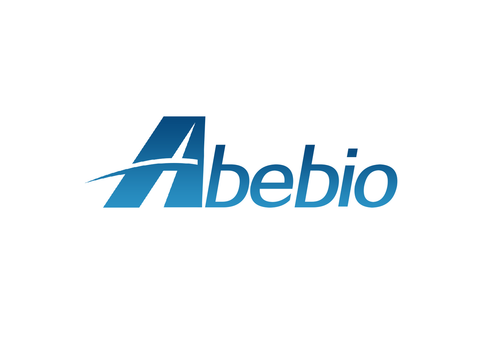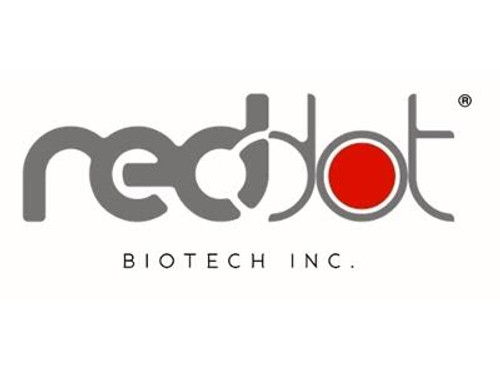Product Description
Bovine Protein S100-A9 (S100A9) ELISA Kit | AE20890BO | Abebio
Species Reactivity: Bovine (Bos taurus; Cattle)
Abbreviation: S100A9
Alternative Name: 60B8AG; CAGB; CFAG; CGLB; L1AG; LIAG; MAC387; MIF; MRP14; NIF; P14; S100 calcium-binding protein A9|S100 calcium-binding protein A9 (calgranulin B) |calgranulin B
Application: ELISA
Range: 0.312-20 ng/mL
Sensitivity: 0.102 ng/mL
Intra-Assay: ≤4.7%
Inter-Assay: ≤7.1%
Recovery: 0, 88
Sample Type: Serum, Plasma, Other biological fluids
Detection Method: Sandwich
Analysis Method : Quantitive
Test Principale: This assay employs a two-site sandwich ELISA to quantitate S100A9 in samples. An antibody specific for S100A9 has been pre-coated onto a microplate. Standards and samples are pipetted into the wells and anyS100A9 present is bound by the immobilized antibody. After removing any unbound substances, a biotin-conjugated antibody specific for S100A9 is added to the wells. After washing, Streptavidin conjugated Horseradish Peroxidase (HRP) is added to the wells. Following a wash to remove any unbound avidin-enzyme reagent, a substrate solution is added to the wells and color develops in proportion to the amount of S100A9 bound in the initial step. The color development is stopped and the intensity of the color is measured.
Product Overview: S100 calcium binding protein A9 has been implicated in the abnormal differentiation of myeloid cells in the stroma of cancer. This contributes to creating an overall immunosuppressive microenvironemnt that may contribute to the inability of a protective or therapeutic cellular immune response to be generated by the tumor-bearing host. Outside of malignancy, S100A9 in association with its dimerization partner, S100A8 (MRP8 or calgranulin A) signals for lymphocyte recruitment in sites of inflammation. S100A9/A8 (synonyma: Calgranulin A/B; Calprotectin) are also regarded as marker proteins for a number of inflammatory diseases in humans, especially in rheumatoid arthritis.
Stability: The stability of ELISA kit is determined by the loss rate of activity. The loss rate of this kit is less than 5% within the expiration date under appropriate storage condition. The loss rate was determined by accelerated thermal degradation test. Keep the kit at 37°C for 4 and 7 days, and compare O.D.values of the kit kept at 37°C with that of at recommended temperature. (referring from China Biological Products Standard, which was calculated by the Arrhenius equation. For ELISA kit, 4 days storage at 37°C can be considered as 6 months at 2 - 8°C, which means 7 days at 37°C equaling 12 months at 2 - 8°C) .
 Euro
Euro
 USD
USD
 British Pound
British Pound
 NULL
NULL












